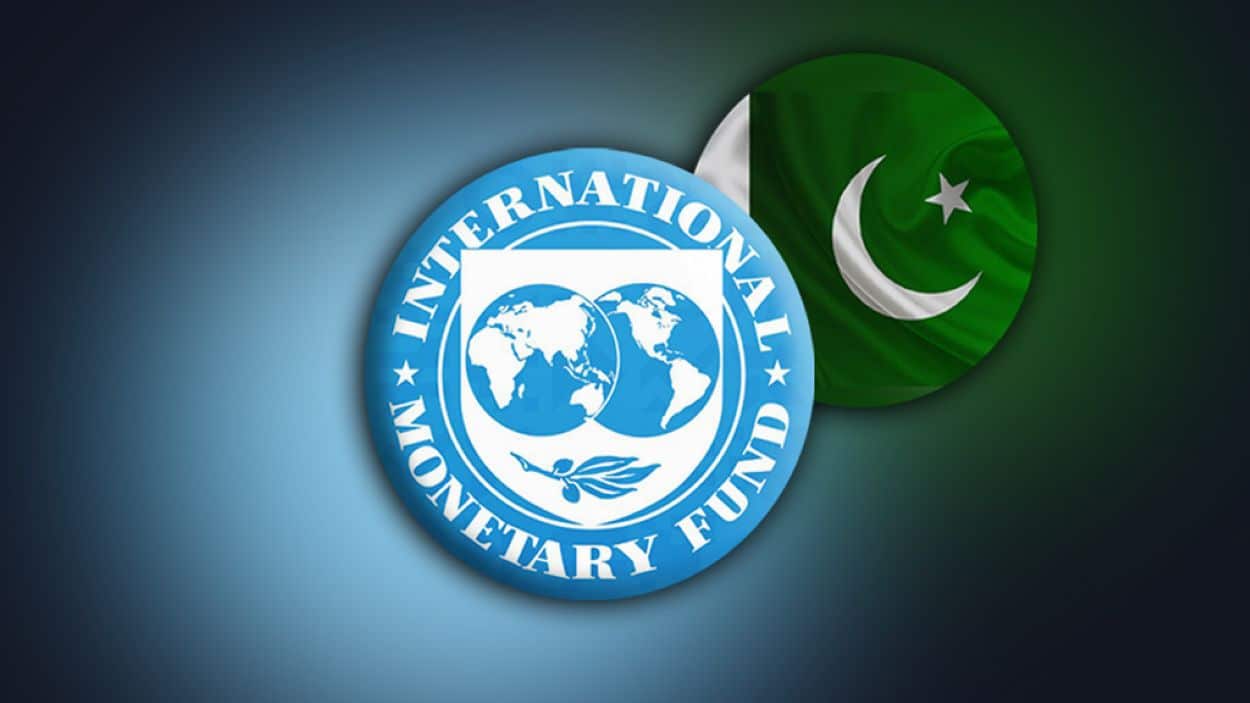The International Monetary Fund (IMF) has emphasized the need for Pakistan to harness untapped tax bases to widen its revenue streams as the IMF’s delegation, led by Nathan Porter, concluded their visit to Pakistan from November 12 to 15 to assess the country’s economic reforms.
During their visit, the IMF team met with senior officials from federal and provincial governments, the State Bank of Pakistan, and representatives from the private sector. The discussions focused on Pakistan’s progress in implementing economic policies to reduce vulnerabilities and foster sustainable growth.
“The discussions were constructive, focusing on continuing prudent fiscal and monetary policies and enhancing revenue mobilization from untapped sources,” Porter remarked. He also noted the consensus on shifting more social and development responsibilities to the provinces and the critical need for structural reforms in the energy sector.
Read: Pakistan Agrees to Raise Agricultural Tax to 45% Following IMF Request
Moreover, Porter highlighted the importance of reducing state intervention in the economy to boost competition and develop a dynamic private sector. “Strong program implementation is essential for creating a more prosperous and inclusive Pakistan, which will improve living standards for all Pakistanis,” he stated.
The IMF expressed encouragement over Pakistan’s reaffirmed commitment to economic reforms under the 2024 Extended Fund Facility (EFF). The next review mission is scheduled for the first quarter of 2025.
Dr. Khaqan Najeeb, former Advisor to the Ministry of Finance, commented on the visit, noting that it evaluated the first quarter’s quantitative results and structural benchmarks for reforms. “The preliminary findings underscore the need to address the persistent challenges of broadening the tax base, particularly in sectors like agriculture, retail, and real estate, which have significant tax gaps,” he explained.
Read: IMF Flags Saudi Oil Facility Risks Amid Pakistan’s Reko Diq Delays
Dr. Najeeb also highlighted the need for a competitive energy market and the importance of reducing the state’s footprint in the economy. “The IMF’s continued emphasis on fiscal consolidation and strengthening external buffers is crucial for maintaining macroeconomic stability,” he added.
This engagement aims to keep Pakistani authorities on track to meet the targets set for the first review in early 2025.






